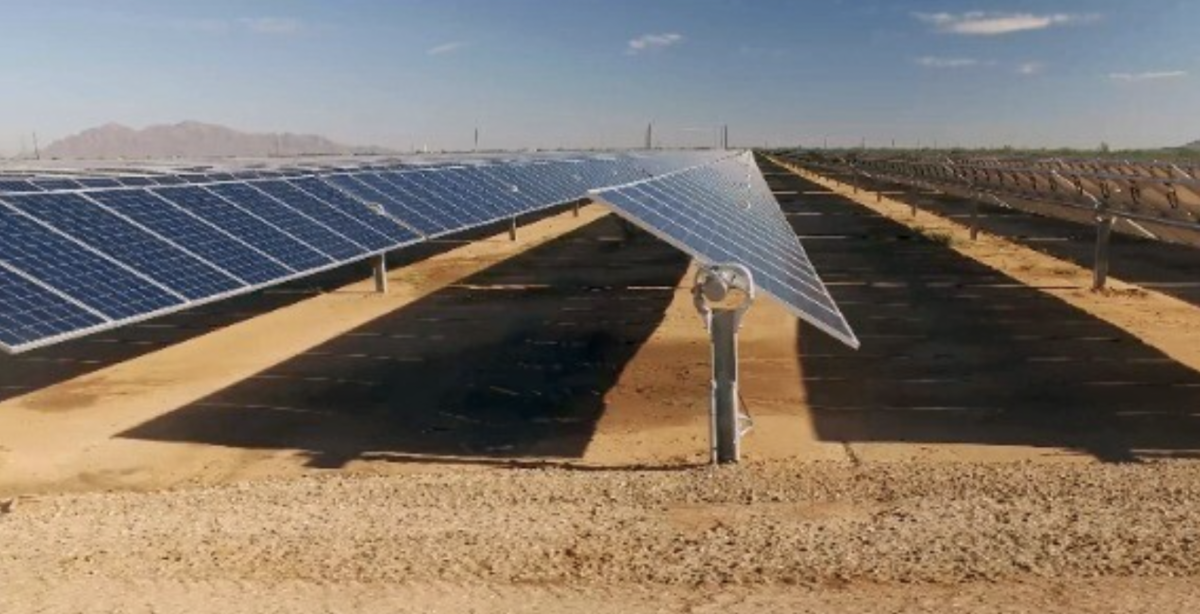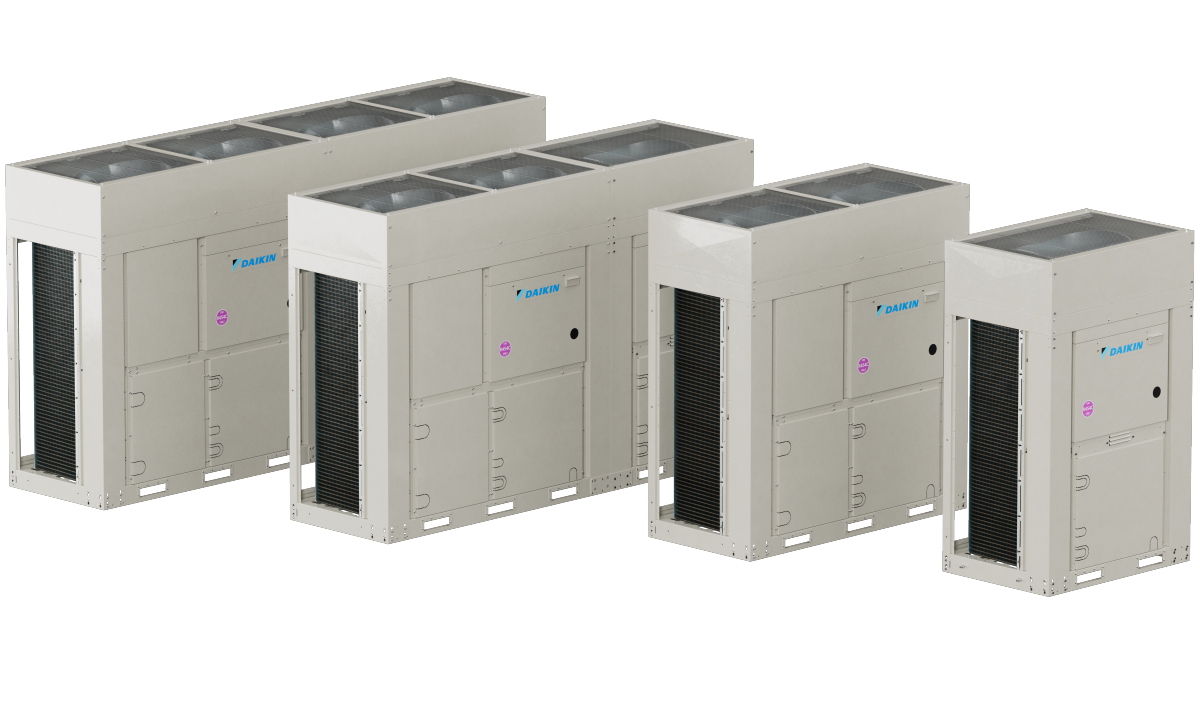The European Bank for Reconstruction and Development (EBRD) said this week that it will provide up to $4.8 million of loans to Intro Sustainable Resources (Intro-SR) and Intro Solar SAE to support the development of a solar plant and other energy-related projects in Egypt.
It said the senior secured loan will support Intro-SR’s equity stake in a portfolio of PV, energy efficiency, waste-to-energy, and waste management projects. The installations will include one of the first private-to-private energy generation projects in Egypt, as well as the expansion of a plastic bottle recycling facility.
The investments will all support energy efficiency, according to the EBRD. It did not reveal many details about the solar project it will support, other than to say that the funds it provides will be used to refinance a PV array developed under the first round of the Egyptian feed-in-tariff (FIT) scheme.
Intro Sustainable Resource, owned by Intro Investments Holding, was set up in 2020 to develop renewables and energy efficiency projects. Egypt-based Intro Solar, meanwhile, is a special purpose vehicle that runs a 5 MW solar plant developed under the first round of the nation's FIT program.
The EBRD has now invested more than €8.5 billion in 144 projects throughout Egypt since 2012. In 2020, it announced plans to provide $36 million to ACWA Power, in support of a 200 MW solar project in Kom Ombo, Egypt. The loan was part of a broader $114 million solar financing package involving the OPEC Fund for International Development and the African Development Bank.
This content is protected by copyright and may not be reused. If you want to cooperate with us and would like to reuse some of our content, please contact: editors@pv-magazine.com.



4 comments
By submitting this form you agree to pv magazine using your data for the purposes of publishing your comment.
Your personal data will only be disclosed or otherwise transmitted to third parties for the purposes of spam filtering or if this is necessary for technical maintenance of the website. Any other transfer to third parties will not take place unless this is justified on the basis of applicable data protection regulations or if pv magazine is legally obliged to do so.
You may revoke this consent at any time with effect for the future, in which case your personal data will be deleted immediately. Otherwise, your data will be deleted if pv magazine has processed your request or the purpose of data storage is fulfilled.
Further information on data privacy can be found in our Data Protection Policy.